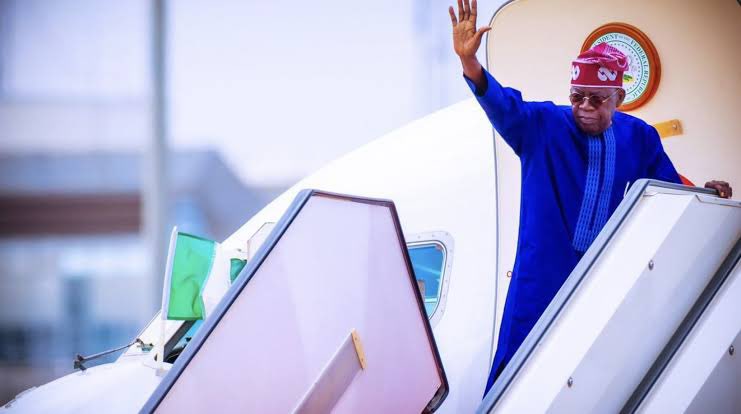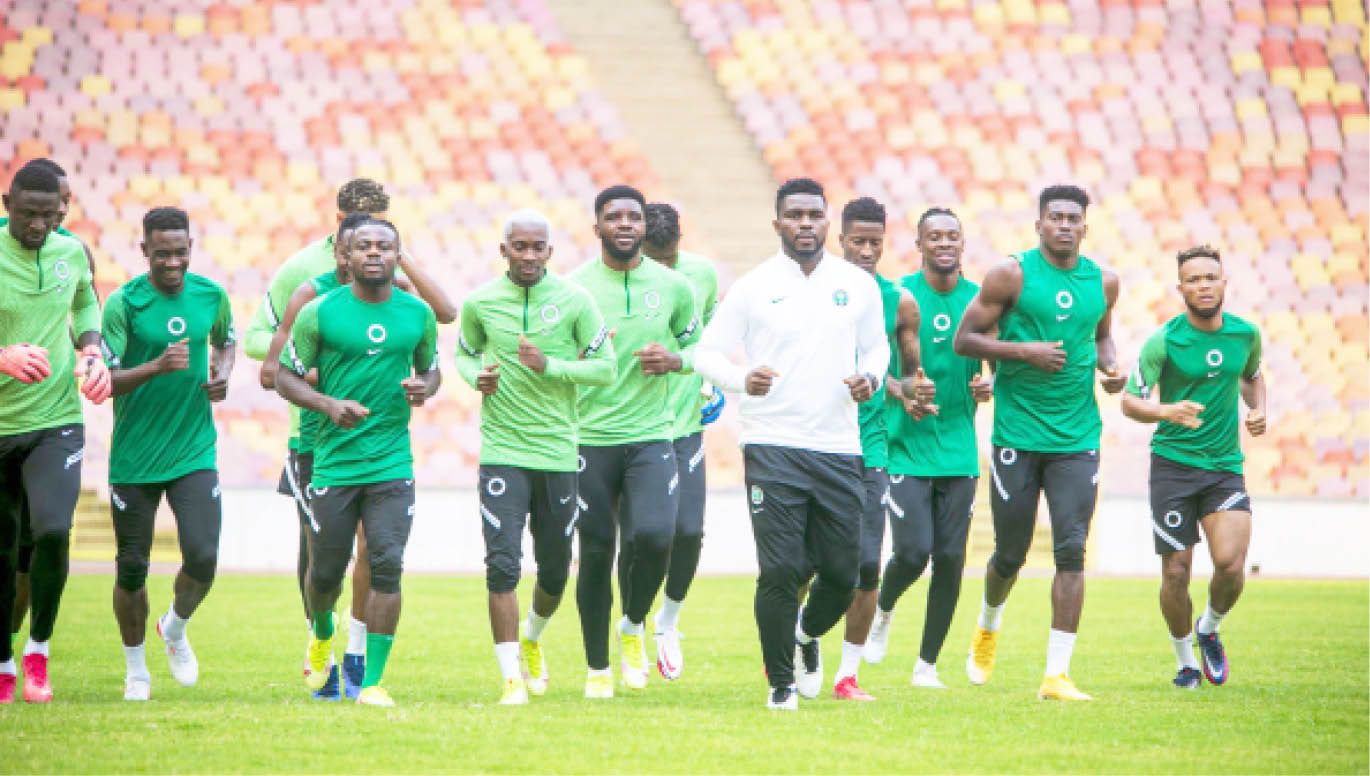
President Bola Tinubu Jets Out of Abuja for Europe on 10-Day Annual Working Leave

President Bola Ahmed Tinubu has officially departed Abuja today, September 4, 2025, for Europe where he is expected to spend the next 10 days on his annual working leave. The Nigerian leader, who has been at the forefront of several critical national and international engagements since the beginning of the year, is embarking on the trip as part of his yearly tradition of combining rest with work in an environment away from the high pressure of the capital city. The Presidency confirmed that the trip is not just a holiday but a working vacation, with the President expected to hold several high-level engagements with foreign investors, international policy experts, and key European partners while abroad. According to the statement, President Tinubu will continue to discharge his duties and monitor developments in Nigeria while he is away, in line with the modern practice of blending technology with governance.
The departure of President Tinubu comes at a time when the nation is witnessing significant debates around economic reforms, subsidy adjustments, tax policies, and security issues. Many analysts note that the timing of the trip is significant, as it presents the President an opportunity to reinforce international confidence in Nigeria’s economic stability and also to take some personal time for rest after a hectic first half of the year. The Presidency assured Nigerians that all state matters remain in safe hands, as Vice President Kashim Shettima will coordinate key activities in the absence of the President. This is consistent with constitutional provisions and standard practice, ensuring that governance will not suffer any setbacks during the President’s absence.
Over the past few months, Tinubu has maintained a busy schedule both at home and abroad. From attending international summits to hosting bilateral meetings, signing trade agreements, and pushing reforms in Nigeria’s energy and finance sectors, his administration has been under intense public scrutiny and expectation. Observers point out that a 10-day working vacation is not unusual for a leader under such pressure, as it provides a chance to refresh mentally while maintaining international relations. European destinations have long been the preferred choice for Nigerian Presidents seeking both privacy and access to world-class facilities, and Tinubu’s decision to head there aligns with this pattern. Although details of the specific country or countries he will visit have not been made public for security reasons, sources suggest that he will split his time between rest and closed-door meetings that could have lasting implications for Nigeria’s economic direction.
The President’s departure has already sparked conversations across the country, with mixed reactions from citizens and political commentators. Supporters argue that leaders, like every human, need rest and that it is healthy for the President to take time off while still engaging with international stakeholders. They also stress that a working vacation reflects responsibility, as it combines personal well-being with the nation’s interests. Critics, however, raise concerns about the optics of a foreign trip at a time when many Nigerians are grappling with economic hardships, rising costs of living, and lingering insecurity. They argue that the President should spend more time at home addressing these urgent challenges rather than travelling abroad. Nonetheless, others note that many of the issues facing Nigeria require global cooperation and foreign investment, which justifies the President’s engagements outside the country.
President Tinubu is not new to the idea of working holidays, having previously taken similar trips in his early months in office. In each case, his aides emphasized that such trips were productive, yielding meetings with international leaders and investors that could not always be conducted in Nigeria due to the complexities of scheduling and security. The 2025 edition of his annual leave appears to be in the same tradition, highlighting the President’s intention to keep Nigeria’s interests on the international stage while also attending to his health and personal needs. His team has also pointed out that many modern leaders around the world engage in similar practices, including presidents and prime ministers of major economies, where working vacations are seen as a balance between governance and wellness.
As the news of his departure spreads, Nigerians are also reminded of the symbolism of such trips in the political landscape. Presidential travels often generate conversations not only about governance but also about transparency, trust, and accountability. This time, with the explicit mention that the leave will last 10 working days, the Presidency appears to be managing public expectations by providing clarity on the duration. The assurance that the President will remain accessible and actively involved in state affairs, even from abroad, also seems aimed at curbing speculation or unnecessary controversy. Indeed, the ability to govern remotely in today’s digital world means that distance is no longer as significant an obstacle as it once was, and Nigerian leaders are increasingly adopting this approach.
International observers are expected to pay close attention to Tinubu’s engagements during his stay in Europe, particularly with regard to Nigeria’s economy, energy sector, and security collaborations. With the country seeking to attract foreign direct investment, address climate challenges, and diversify its economic base, meetings held during this period could contribute to shaping the nation’s medium-term policies. For many Nigerians, however, what will matter most is the outcome—whether the trip results in tangible benefits such as new investments, improved diplomatic ties, or strengthened international support for ongoing reforms.
The President’s departure also underscores the continuity of governance structures in Nigeria. With the Vice President and other top officials available to manage domestic issues, the administration projects an image of stability. This is particularly important in maintaining investor confidence and reassuring citizens that leadership remains functional regardless of travel schedules. Analysts suggest that the smooth delegation of responsibilities during such trips is a hallmark of mature governance and could help Nigeria maintain political stability at a time of economic transition.
As President Tinubu begins his 10-day working leave in Europe, attention will be focused both on his activities abroad and on developments at home. Nigerians will watch closely to see how Vice President Shettima steers affairs in his absence, as well as what outcomes emerge from the President’s meetings and engagements overseas. The trip may last just a few days, but in the world of politics and governance, even a short period can have long-lasting impacts depending on the decisions made and the relationships built. For now, the President’s journey marks yet another chapter in the unfolding story of his administration, one that blends the challenges of local governance with the demands of global diplomacy.


